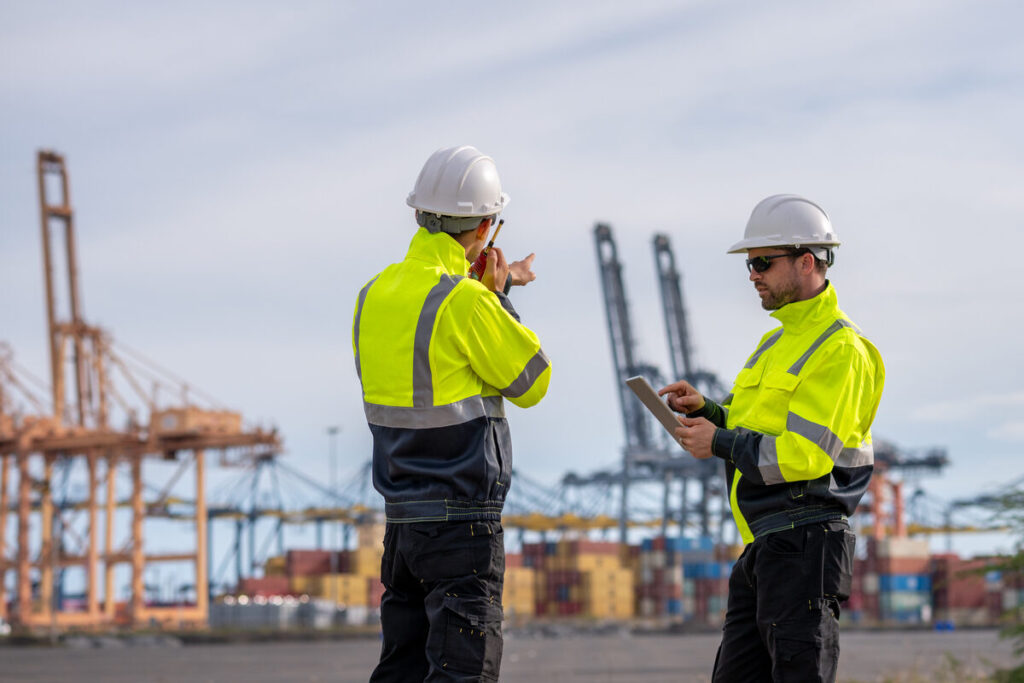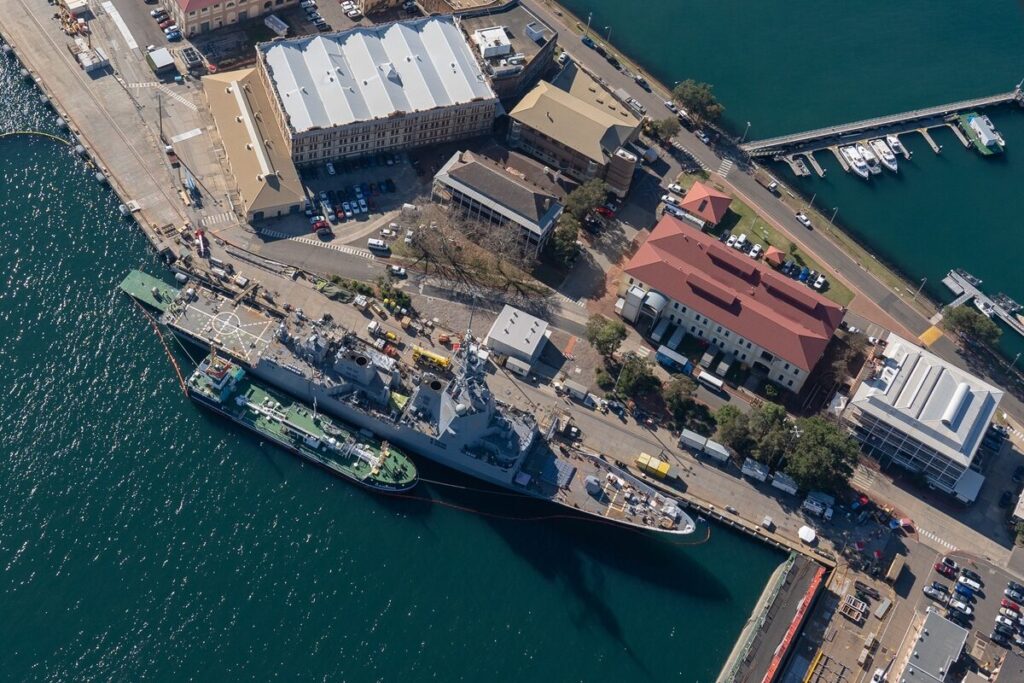In the context of the energy transition in maritime transport, PCTC (Pure Car and Truck Carrier) vessels are playing a key role in the decarbonization of vehicle shipping by sea. Traditionally powered by fossil fuels, these ships—specialized in transporting cars, vans, trucks, and heavy machinery—are increasingly adopting alternative fuels such as LNG, methanol, ammonia, or biofuels to reduce their environmental footprint and comply with international sustainability regulations.
This transformation has a profound impact not only from an environmental perspective, but also operationally, economically, and strategically for shipping and logistics companies operating on European and intercontinental routes.
Reduction of Pollutant Emissions in Regular Operations
The use of alternative fuels in PCTC vessels significantly reduces pollutant gas emissions compared to traditional fuels (heavy fuel oil or marine diesel). LNG-powered vessels can nearly eliminate sulfur oxides (SOx), reduce nitrogen oxides (NOx) by around 85–90%, and cut CO₂ emissions by 20–25%.
This environmental advantage is especially valuable on European routes, where regulations such as the inclusion of maritime transport in the EU Emissions Trading System (EU ETS) demand progressive emission reductions and impose financial penalties on more polluting vessels.
Compliance with International Regulations and Competitive Advantage
The shift towards PCTC vessels powered by alternative fuels is not only a sign of environmental commitment, but also a response to increasingly strict regulations, such as the International Maritime Organization (IMO) guidelines aiming for carbon neutrality in shipping by 2050.
Shipping companies leading this transformation are gaining a competitive edge by anticipating these requirements, accessing tax incentives, enhancing their reputation, and receiving preference in green or sustainable ports. Furthermore, many car manufacturers—especially those exporting electric models—are prioritizing low-carbon logistics chains, making sustainable PCTC vessels a valuable asset in their distribution strategies.
Technical and Logistical Challenges in Implementation
The adoption of alternative fuels in PCTC vessels is not without challenges. Port infrastructure for supplying LNG or methanol, for example, is still under development, limiting operational autonomy on certain routes.
In addition, new propulsion systems require redesigning certain onboard areas to include cryogenic tanks or additional safety systems, which may affect the gross cargo capacity and demand significant investment in new builds or fleet conversions.
Simultaneously, training crews to safely operate with these fuels and certifying equipment according to international standards are complex processes that require planning, expertise, and collaboration among shipyards, shipowners, and maritime authorities.
Boost to Innovation and the Auxiliary Industry
The commitment to PCTC vessels powered by alternative fuels is acting as a driver of innovation across the entire maritime value chain. From dual-fuel engine manufacturers and storage system developers to bunkering suppliers and energy-efficiency digital platforms, the industry is advancing increasingly mature solutions to support the large-scale adoption of these fuels.
This shift is also creating synergies with strategic sectors like electric mobility, which sees these vessels as a coherent means of transporting sustainable vehicles through modes of transport aligned with their values of efficiency and low emissions.
Economic Impact and Long-Term Return
Although the initial investment cost for a PCTC vessel with alternative propulsion is significantly higher than that of a conventional ship, the medium- and long-term return is clear: savings on emission-related costs, access to more regulated routes, tax advantages, early compliance with regulations, and preference from sustainability-focused shippers.
Moreover, as demand for alternative fuels increases, greater standardization, availability, and price competitiveness are expected, which will help reduce the gap with fossil fuels and accelerate the energy transition of specialized maritime transport.
SUARDIAZ Group, with decades of experience in specialized maritime transport and a strong commitment to sustainability, positions itself as a key player in the shift toward cleaner and more efficient maritime logistics. The company is actively working on integrating innovative solutions, including more sustainable fleets and advanced technologies, to offer its clients services aligned with the future of vehicle and ro-ro cargo transportation.























